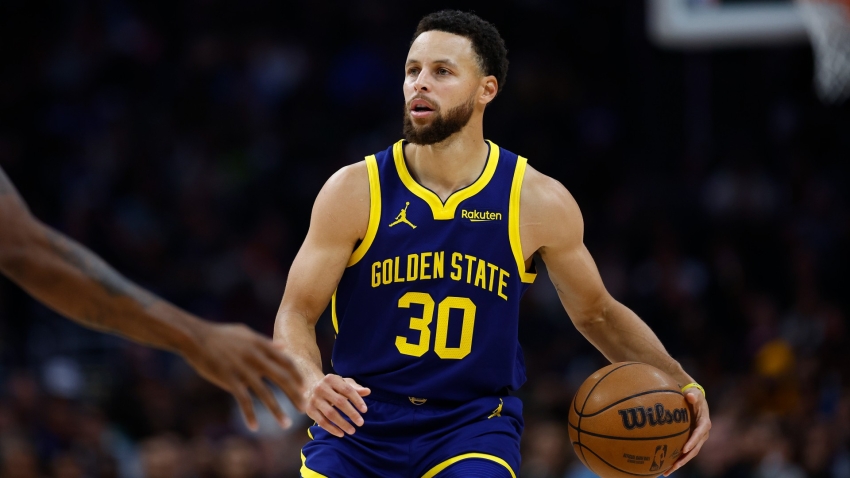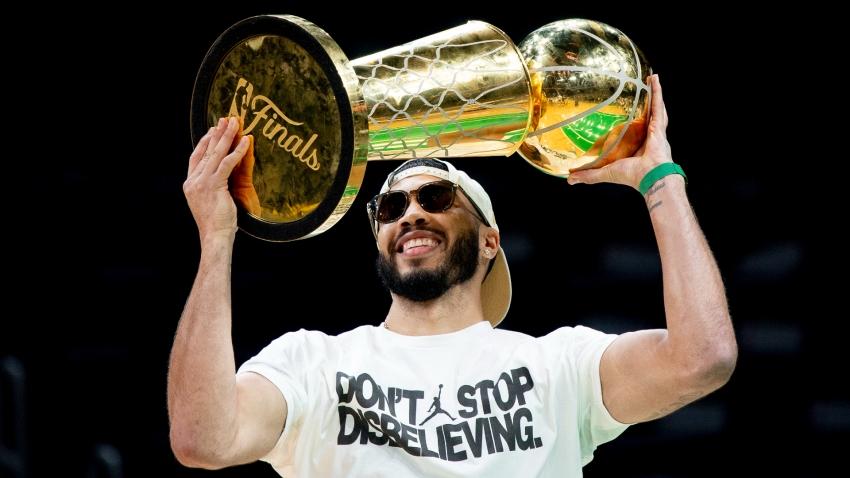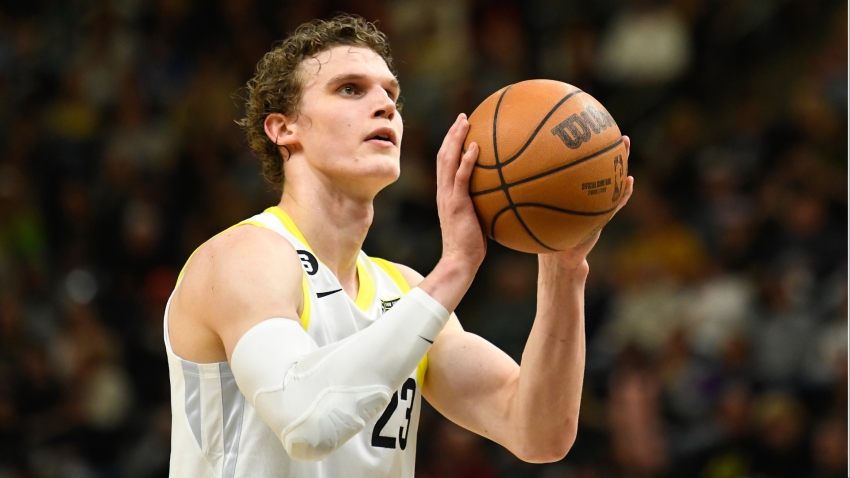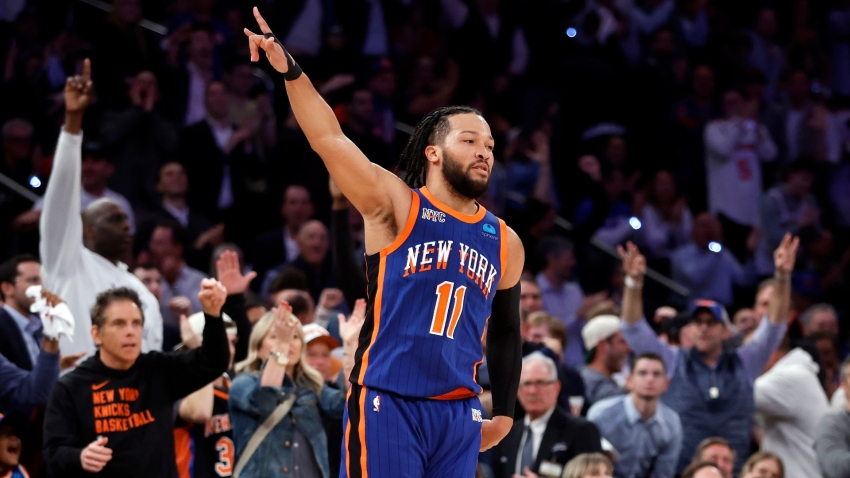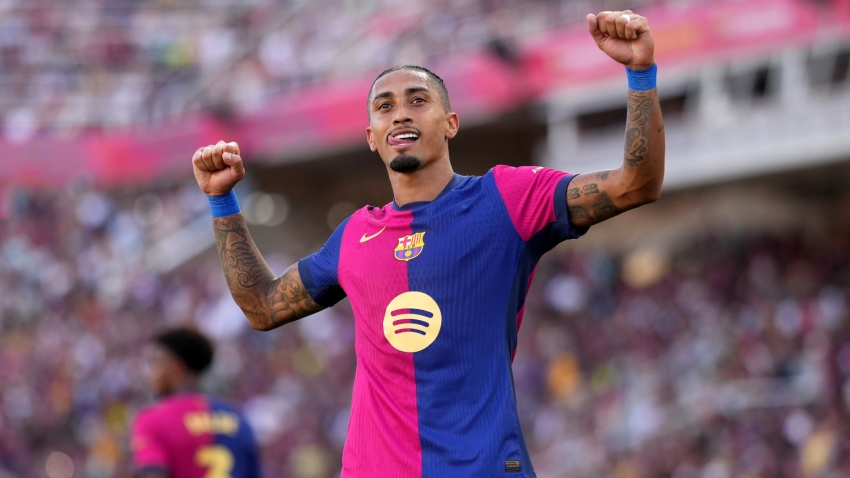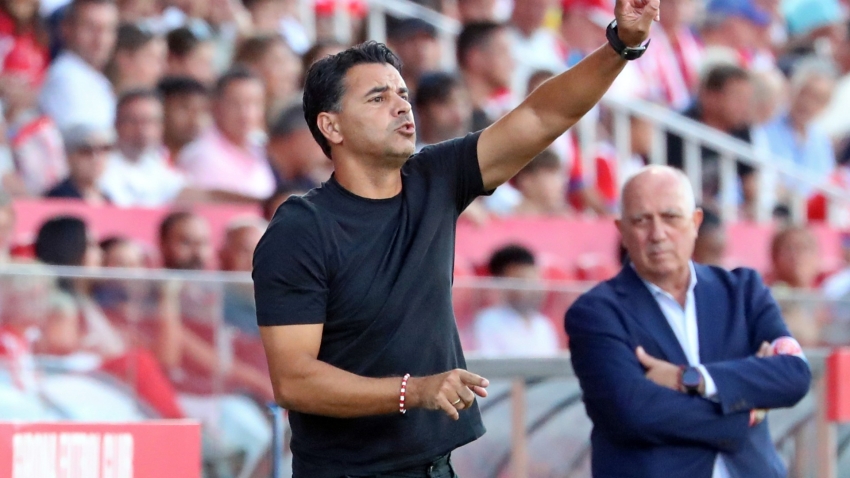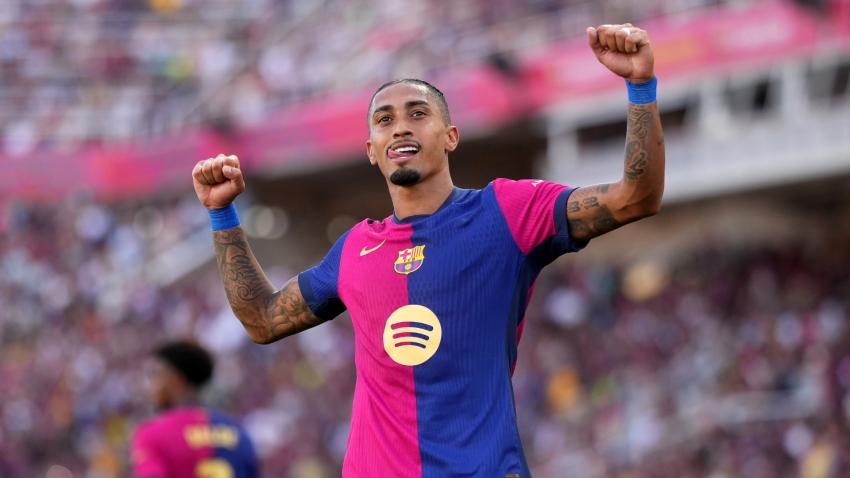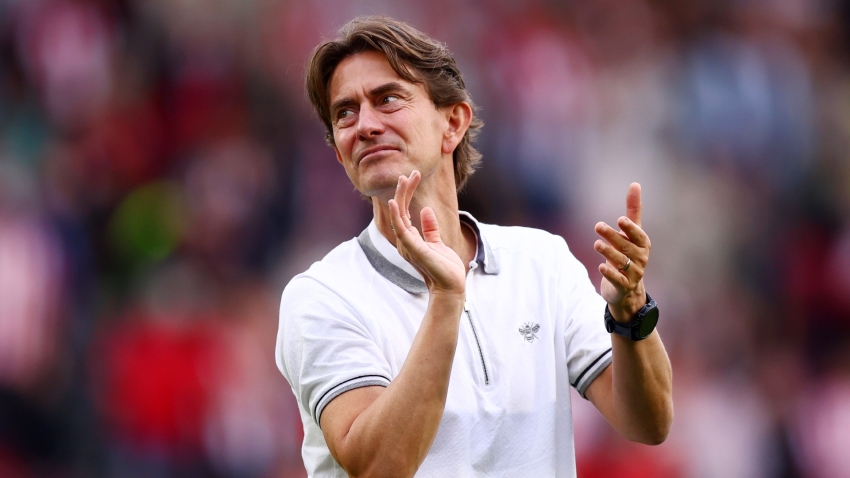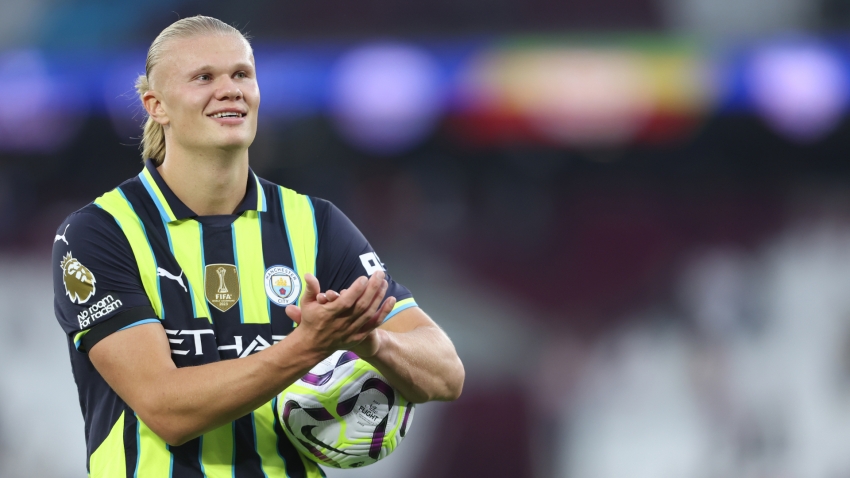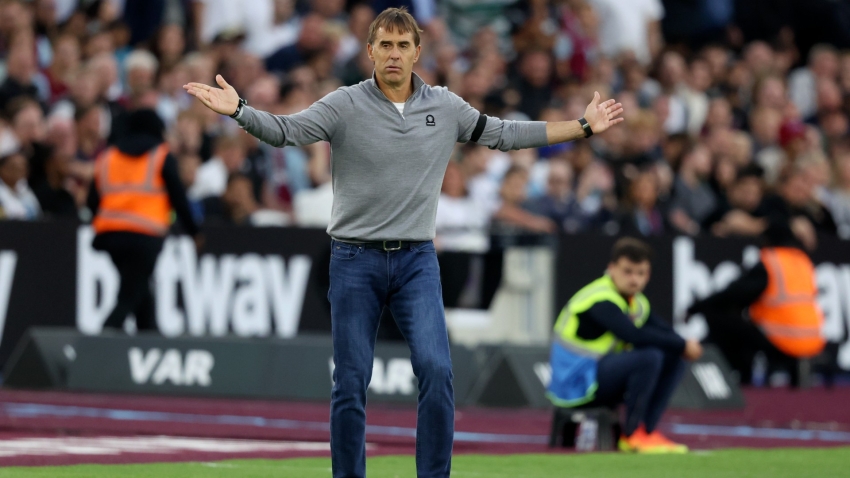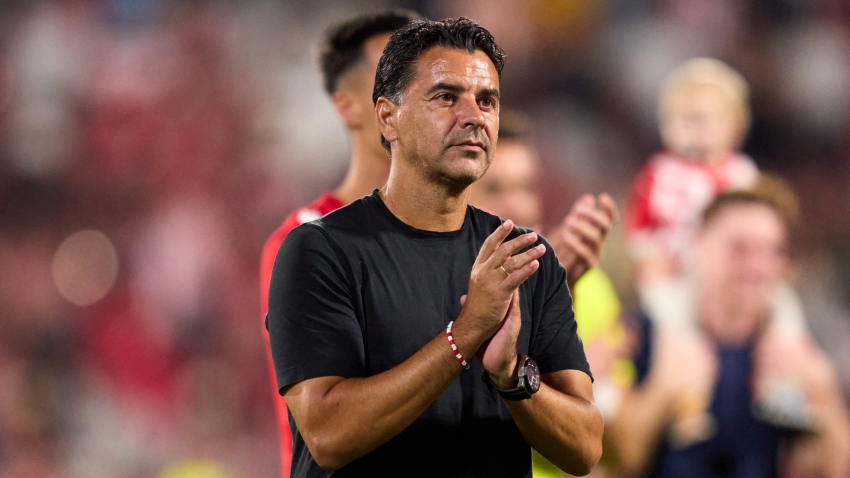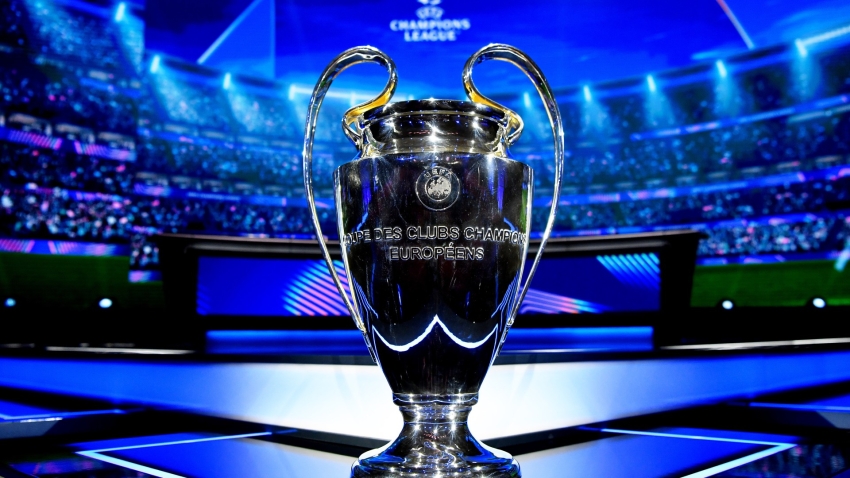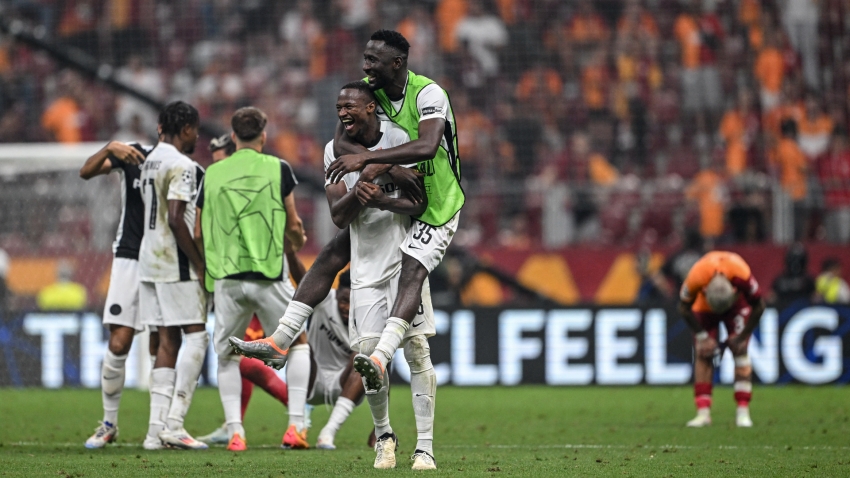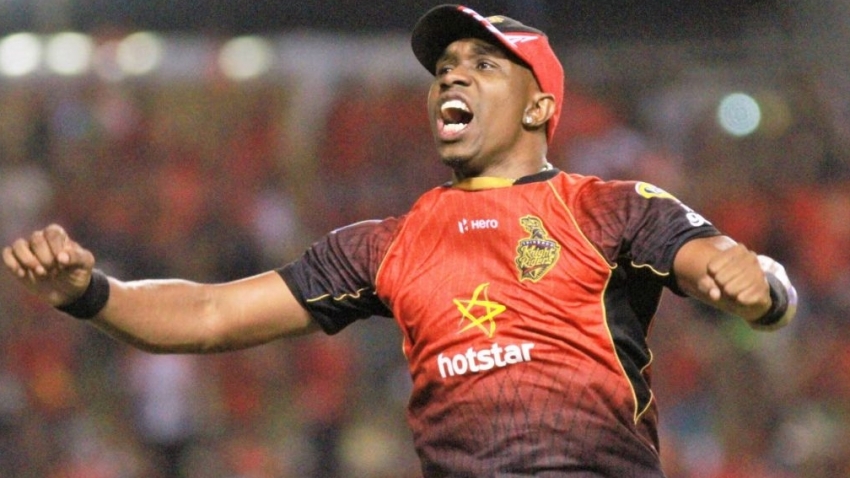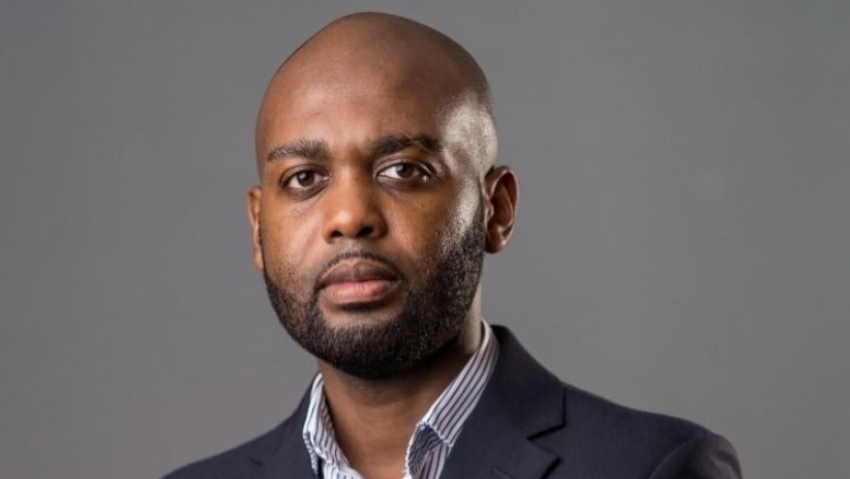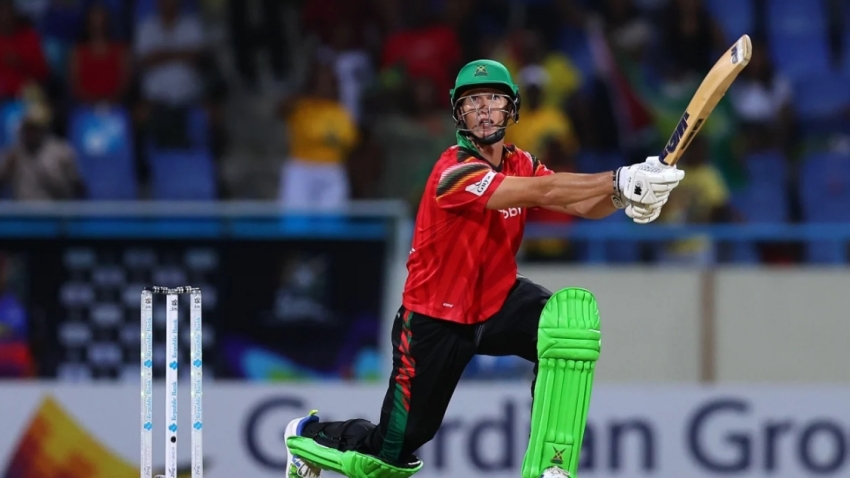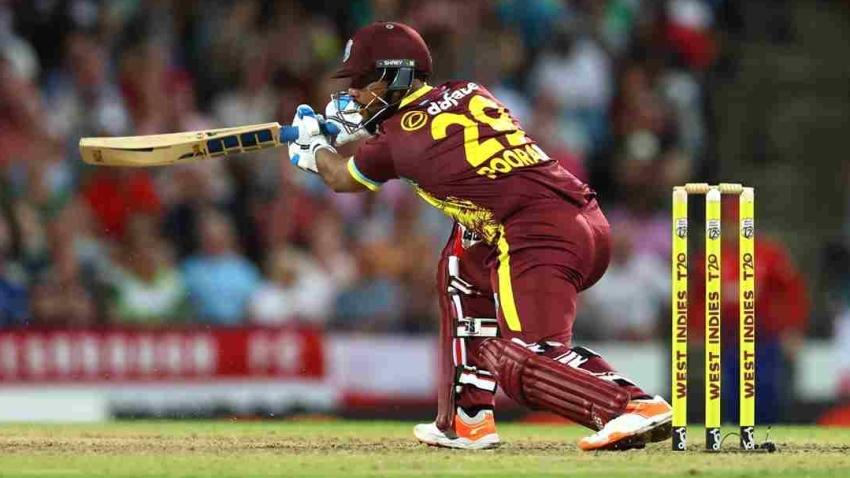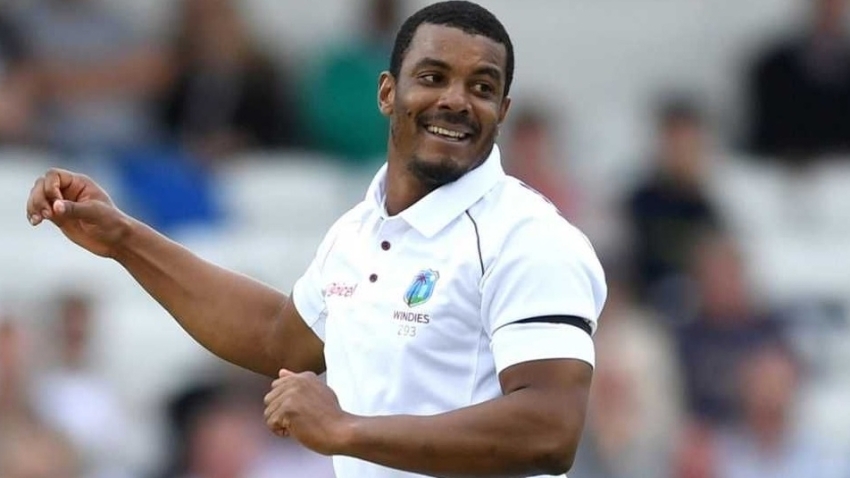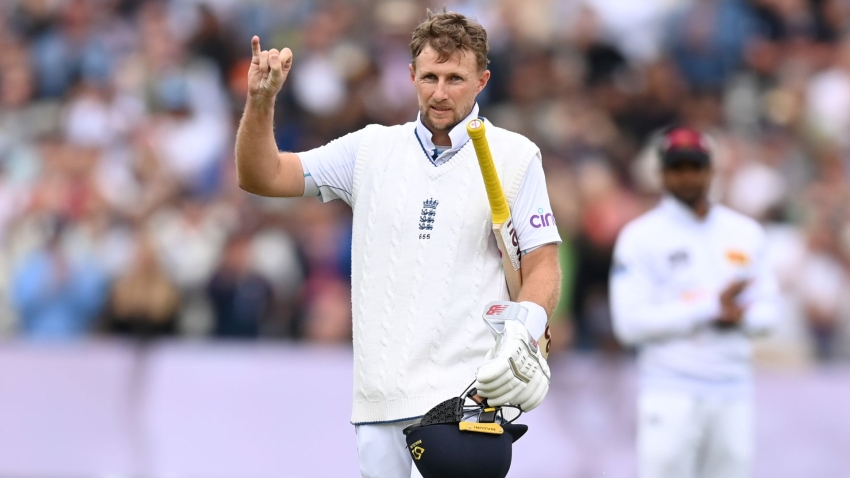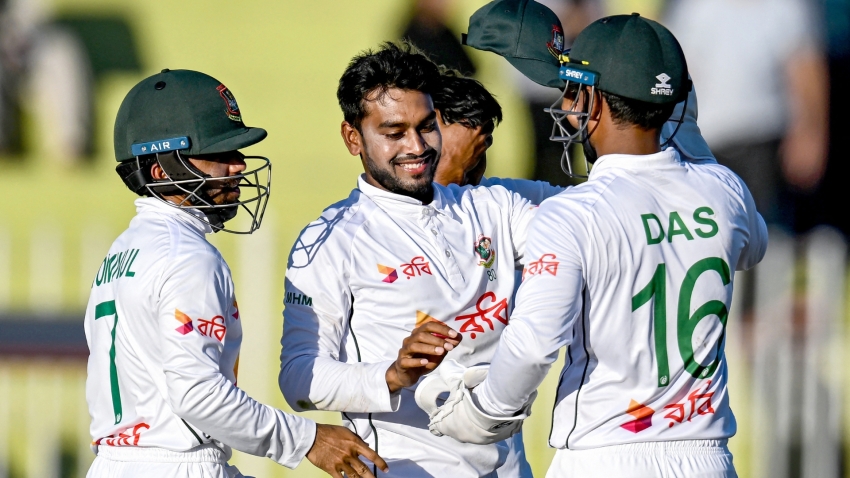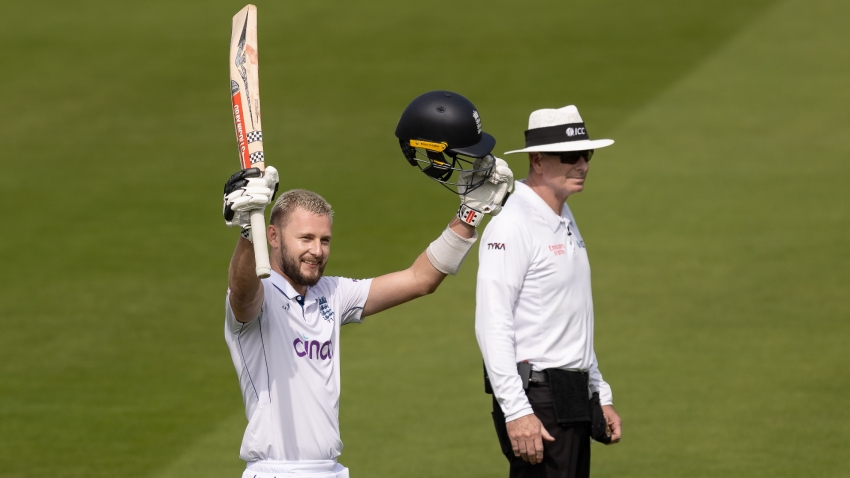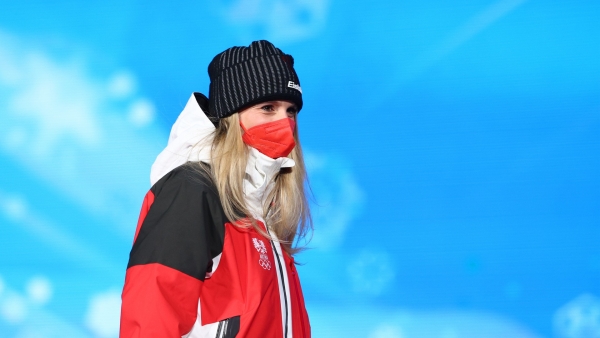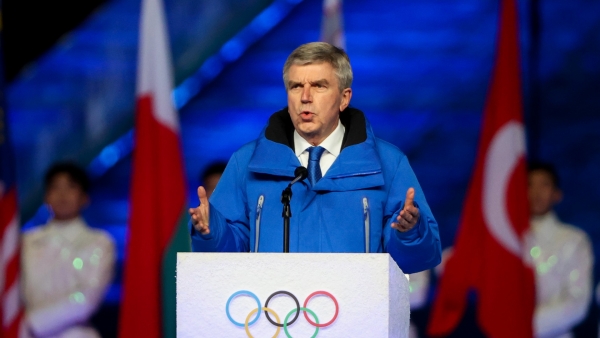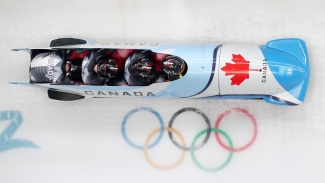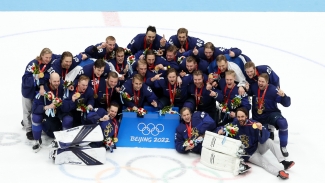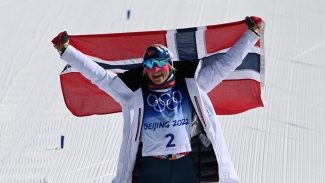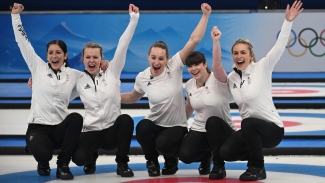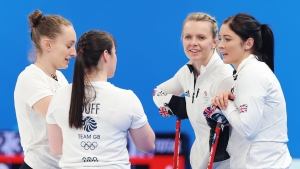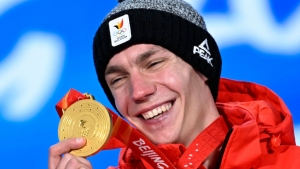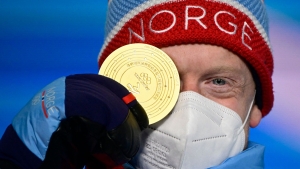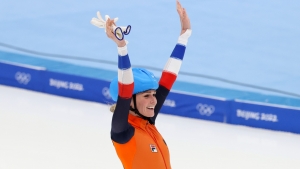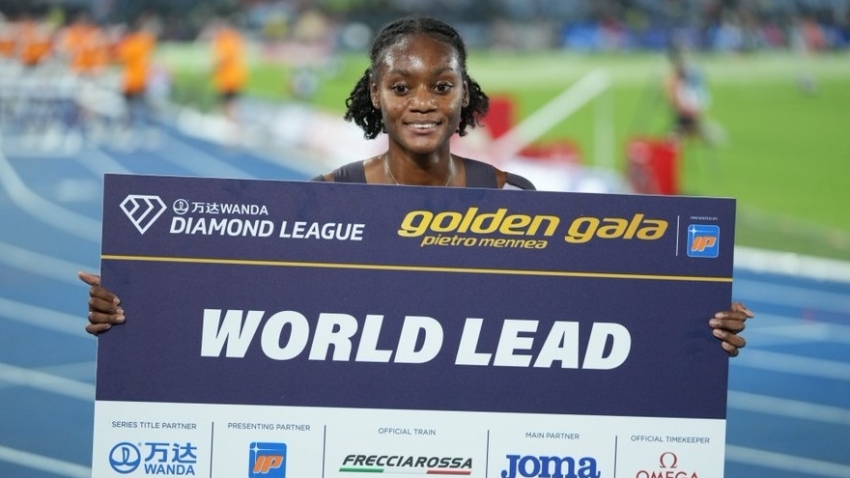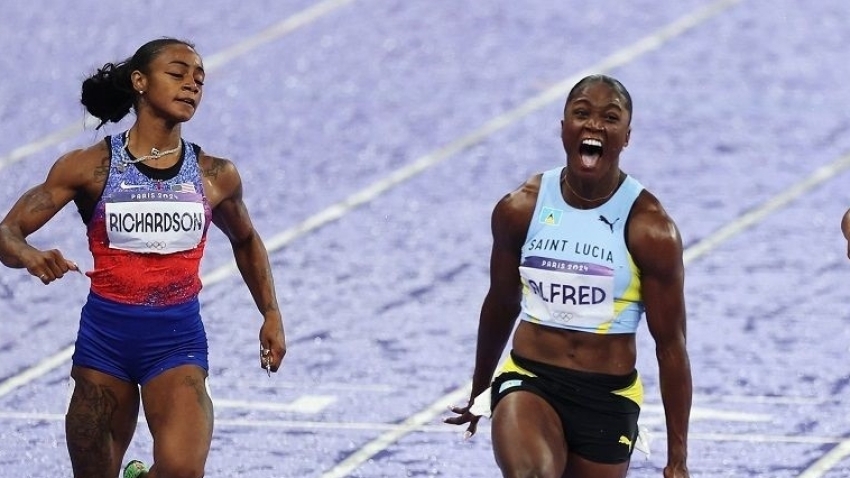Two of the great under-performers of the 2022 Winter Olympics could strike gold on the final Saturday of the Games.
Star US skier Mikaela Shiffrin has endured a dismal fortnight, and the same can be said for the Great Britain team as a whole.
All this could change, as Shiffrin bids to end her Beijing campaign on a high with a first medal at her sixth attempt, while Team GB are guaranteed at least silver in men's and women's curling. They have yet to appear on the medal table, with curling proving the team's salvation.
Sweden will face Slovakia in the men's ice hockey bronze medal game, ahead of Sunday's final between Finland and Russian Olympic Committee.
Here, Stats Perform takes a look at Saturday's gold medal events.
Alpine skiing
Shiffrin remarked that she felt "like a joke" after failing to finish the women's combined – a third DNF of her difficult trip to China. She has also had a ninth place and an 18th, so Shiffrin has a lot on the line in the mixed team parallel slalom.
The event is part of the Olympic programme for just the second time, with Switzerland defending their title and Norway the reigning world champions.
It sees skiers race one another, two at a time, on side-by-side and identical slalom courses, with the first to reach the finish line scoring for their team. Each team contains two men and two women, who race against rivals of the same gender, with 16 teams entered and the competition operating in a knockout mode, with quarter-final places on offer to the first-round winners.
Bobsleigh
Germany lead the way in the battle for the top of the podium after two of the four heats staged so far, with the sled piloted by Laura Nolte in gold medal position, ahead of defending champion Mariama Jamanka.
That creates the possibility of a German one-two, although the USA's Elana Meyers Taylor sat third with aspirations of improving on that position going into Saturday, when the competition concludes.
Cross-country skiing
Finland's Iivo Niskanen is the reigning champion in the 50km mass start and has a gold, silver and bronze from Beijing, but he is sitting out Saturday's event.
There are a host of challengers lining up to succeed Niskanen as champion. Among them, Russian Olympic Committee's Alexander Bolshunov will be looking to improve on his silver from 2018 and add to his four medals accrued so far in Beijing.
Norway's Simen Hegstad Krueger and Johannes Hoesflot Klaebo could also be in the mix, along with the likes of Bolshunov's team-mate Denis Spitsov.
Curling
Standing between Bruce Mouat's Team GB rink and the gold medal are a strong Sweden team, led by skip and former army tank commander Niklas Edin.
Edin was not mincing his words when he described the showdown as "a clash of the titans in our sport".
Great Britain edged their round-robin tussle 7-6 in Beijing but also have recent experience of losing to Sweden. Competing as Scotland, the GB men were beaten 10-5 by the Swedes in the 2021 World Championship final.
Edin said of Saturday's match: "It might be nerve-wracking, but it's going to be a super well-played game. For the last couple of years they've probably been the most consistent team. And in championships over the past seven, eight years we've been the most consistent team."
Sweden also feature in Saturday's women's bronze medal game, taking on Switzerland, after losing 12-11 to Great Britain in Friday's semi-final.
Figure skating
China's Sui Wenjing and Han Cong set the highest score ever achieved by a duo in a short programme to edge ahead in the pairs skating on Friday, with Saturday's free skating to come.
Their score of 84.41 points eclipsed that of Russian Olympic Committee's Evgenia Tarasova and Vladimir Morozov (84.25), with a second Russian pair consisting of world champions Anastasia Mishina and Aleksandr Galliamov in third.
China have won gold in the pairs once before, when Shen Xue and Zhao Hongbo, a married couple, triumphed on the Vancouver ice in 2010.
Freestyle skiing
New Zealand have taken a gold and silver from Beijing so far, both going to snowboard marvel Zoi Sadowski-Synnott. Now freeski world champion Nico Porteous will look to follow her lead and reach the podium in the men's halfpipe final.
Porteous will compete in a field otherwise made up of competitors from the United States and Canada, and by setting the second-best score in qualifying has already served a reminder of his medal credentials.
US star Aaron Blunck led the way in qualifying, with another American, Birk Irving, in third. But perhaps all eyes should be on David Wise, winner of this event at the last two Games. At the age of 31, Wise is chasing a hat-trick, and posting the fourth-best score in qualifying suggests the man from Reno, Nevada, should not be discounted.
Speed skating
Action on the speed skating rink wraps up on Saturday with the men's and women's mass start events.
Korea's Lee Seung Hoon is the men's defending champion and is joined in the field by the silver medallist from four years ago, Belgium's Bart Swings. The last time Belgium won a Winter Olympics gold was in the pairs figure skating at the 1948 Games in St Moritz. American Joey Mantia is another with serious designs on gold.
In the women's event, the Dutch duo of Irene Schouten and Marijke Groenewoud are likely to be there or thereabouts, along with Canada's Ivanie Blondin and Italy's Francesca Lollobrigida.


